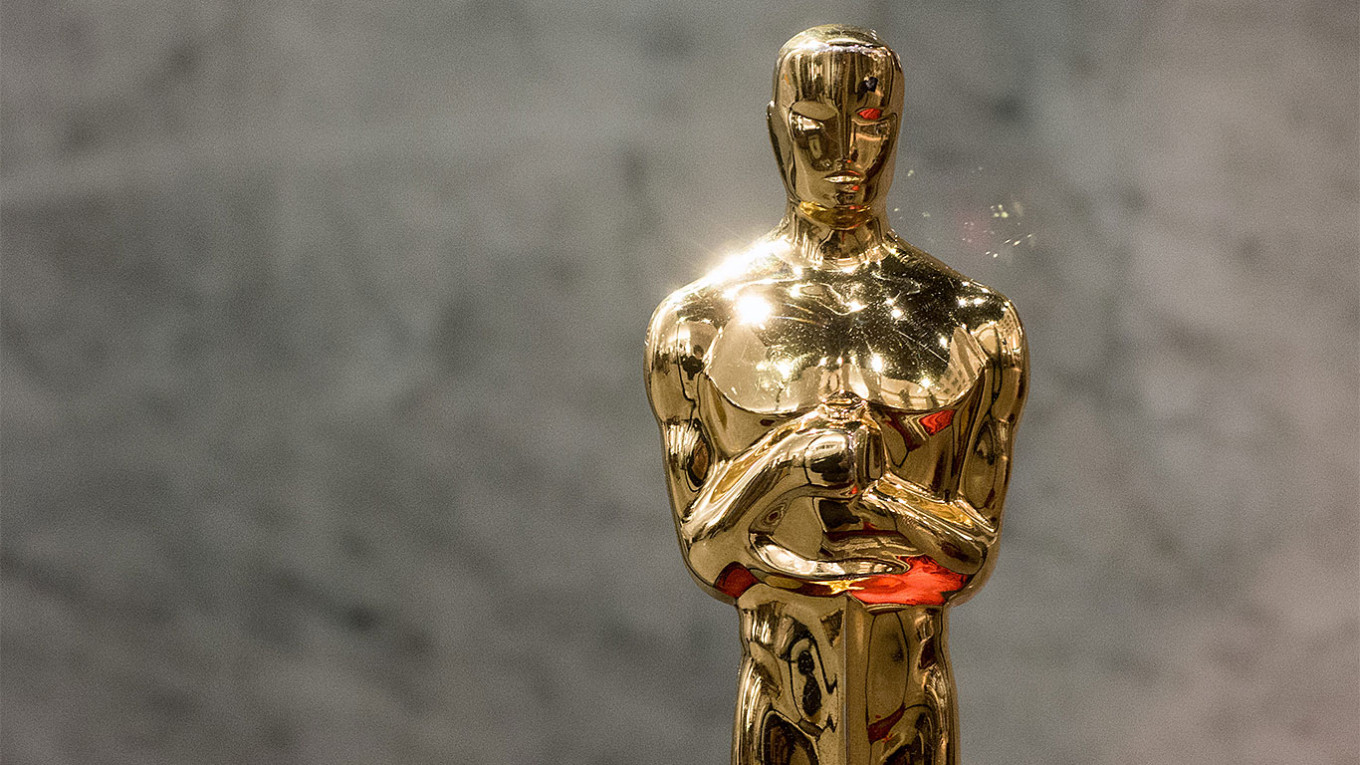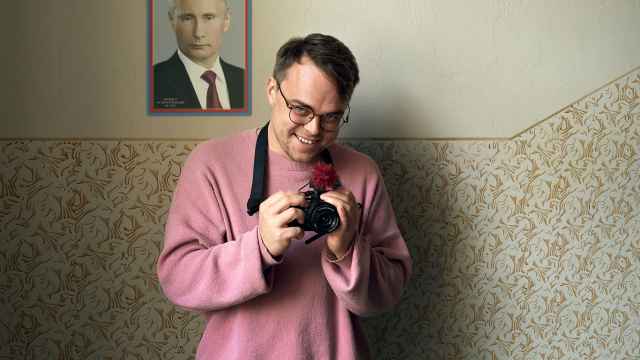Russia’s Oscar committee has suspended its operations and will not nominate a film to compete in next year's Academy Awards, state media reported Friday.
Last year, the head of the committee resigned after Russia’s film academy opted out of nominating a movie for the 95th Oscars. At the time there was disagreement among the Russian committee members, with some wanting to nominate a film and Nikita Mikhalkov, head of the film academy, coming out against it.
“[The committee’s] ranks have thinned considerably and its activities have stopped,” former committee member Fyodor Popov told Russia’s state-run TASS news agency.
Popov, a prolific producer, director and actor, and two anonymous other former members of the committee said Russia will not nominate a movie for the Best International Feature Film category for the next Academy Awards.
“When Russia is besieged by sanctions and Russian culture, sports and other fields are persecuted and banned, nominating [a Russian movie] for the American Academy Awards would look extremely inappropriate,” Popov said.
The Soviet Union nominated films for Oscars from 1963 to 1991, winning its first golden statuette in 1968 for Sergei Bondarchuk's epic "War and Peace." Starting in 1992 Russia nominated its films and took home the Oscar for Nikita Mikhalkov's "Burnt by the Sun" in 1994.
Russia’s invasion of Ukraine 19 months ago has led to its isolation from the international cultural scene and an inward focus on Russia’s domestic film market.
Russian films have seen a 30% growth on streaming services and a 25% increase on television, with most productions aimed exclusively at a domestic audience.
The government doubled its support for the cinema industry to 14.9 billion rubles ($160 million) in 2022, part of Russian President Vladimir Putin's plan to replace imported products — such as cars, food and drink — with Russian-made items.
A Message from The Moscow Times:
Dear readers,
We are facing unprecedented challenges. Russia's Prosecutor General's Office has designated The Moscow Times as an "undesirable" organization, criminalizing our work and putting our staff at risk of prosecution. This follows our earlier unjust labeling as a "foreign agent."
These actions are direct attempts to silence independent journalism in Russia. The authorities claim our work "discredits the decisions of the Russian leadership." We see things differently: we strive to provide accurate, unbiased reporting on Russia.
We, the journalists of The Moscow Times, refuse to be silenced. But to continue our work, we need your help.
Your support, no matter how small, makes a world of difference. If you can, please support us monthly starting from just $2. It's quick to set up, and every contribution makes a significant impact.
By supporting The Moscow Times, you're defending open, independent journalism in the face of repression. Thank you for standing with us.
Remind me later.






